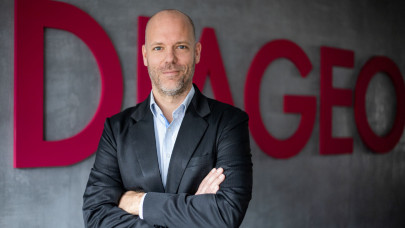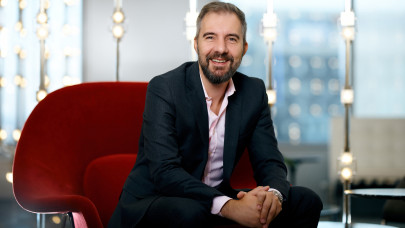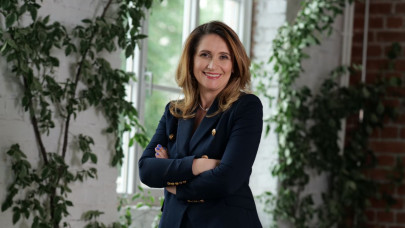What role do ESG considerations play in the investment and portfolio management process of ROCA Investments?
At ROCA Investments, ESG considerations are gradually turning into a critical part of our investment and portfolio management processes. While we understand that for SMEs in Romania, integrating ESG factors can be a daunting challenge, we believe that a strong sustainability strategy is an essential part of a company's long-term success. Therefore, we work closely with the companies in our portfolio to help them define and execute their own sustainability strategies while ensuring that the accelerated growth process is aligned with our environmental, social, and governance standards. It's important to keep in mind that the majority of our portfolio companies have previously been sole-ownership ventures managed by entrepreneurs.
How do you support the companies in your portfolio to define and execute their own ESG strategies?
First of all, we recognize that each company in our portfolio is unique and has specific needs when it comes to integrating ESG considerations into their operations. Therefore, we take a tailored approach to defining and executing each sustainability strategy.
It is important to note that Roca Investments currently has a focus on the building materials industry and agriculture, and we understand the challenges faced by SMEs in Romania in these sectors. We begin the assessment from an early stage, during the initial due diligence, with a comprehensive analysis of each target company's ESG profile, including an assessment of their current ESG performance and a review of their ESG strategy. One of the main challenges we face is that most Romanian SMEs lack information or do not have any ESG policies in place at all. Based on this analysis, we develop a tailored ESG plan that identifies specific objectives and targets for each company.
To execute the ESG plan, we provide our portfolio companies with access to expert resources, including ESG consultants and other professionals with specialized expertise. We also take a proactive approach in working with management teams to identify areas for improvement and develop action plans to address these issues. This includes identifying best practices and new technologies that support ESG considerations in the industry and helping our portfolio companies implement them effectively.
Ultimately, our goal is to help our portfolio companies become regional champions that are well-positioned for success in the future while ensuring a positive impact on the local economy and the environment.
What are some of the major challenges private equity funds face in terms of ESG considerations?
Private equity funds in Romania are still relatively small in terms of numbers and deal size compared to other countries in the Central and Eastern Europe region. Nevertheless, as the focus on ESG continues to grow globally, it is also crucial that private equity funds operating in Romania take these issues seriously.
The first challenge is the limited awareness and education among local companies about the importance of ESG policies. This can make it challenging to identify suitable investment targets that take into account ESG considerations. Many companies may not have a sustainability strategy or may not prioritize ESG issues, which can create a misalignment of values and objectives between private equity funds and potential investment targets.
Another challenge is the limited availability of ESG data. Most Romanian SMEs do not have the necessary resources or infrastructure to collect and report ESG data, making it difficult for private equity funds to conduct thorough due diligence on potential investment targets. Additionally, the regulatory environment for ESG considerations is still developing in Romania, making it difficult for private equity funds to assess the regulatory risks associated with their investments.
Despite these challenges, we are constantly working to overcome these obstacles and integrate ESG considerations into our investment strategy.
You mentioned earlier the challenges of the regulatory environment. How does the legislative environment support ESG-related investments in Romania?
Romania's legislation is gradually becoming more supportive of ESG-related investments. While there is still progress to be made, the global focus on ESG integration into the business is creating a push for more sustainable practices across all industries, including Romania.
One significant driver in this area is the EU Corporate Sustainability Reporting Directive (CSRD), which amends the current Non-Financial Reporting Directive (NFRD). Under the new regulations, companies must adhere to mandatory EU sustainability reporting standards.
With the new Directive, all companies will have to make significant changes in how they prepare and present sustainability information. This means increased transparency, higher compliance costs, and potential advantages in gaining trust from investors, customers, and other stakeholders.














